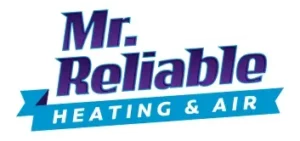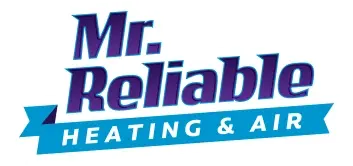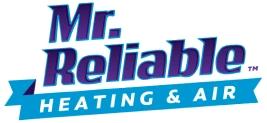Welcome to Houston, where the air is thick with humidity and your comfort can feel like a distant dream! As temperatures rise and moisture lingers, our trusty HVAC systems often bear the brunt of this steamy struggle. If you’ve ever found yourself sweating through a sultry summer night or shivering from an unexpected chill in winter, you know just how crucial it is to keep your cooling system running smoothly.
Here are the most common HVAC woes spurred on by Houston’s oppressive humidity—along with practical solutions to ensure your home stays cool and comfortable year-round. Say goodbye to sweaty days and restless nights; let’s get those AC issues under control!
Why high humidity can cause HVAC problems in Houston
Houston’s humidity can feel like a heavy blanket wrapped around you, especially in the sweltering summer months. The high moisture levels in the air not only make it uncomfortable but can also wreak havoc on your HVAC system. When humidity rises, so do the chances of encountering various HVAC problems that could leave you sweating or shivering indoors. Understanding how Houston’s unique climate affects your heating and cooling systems is key to maintaining comfort and efficiency all year round.
Understanding Humidity and Its Effects on HVAC Systems
Humidity plays a crucial role in how HVAC systems operate, especially in Houston’s sultry climate. High humidity levels can challenge even the most efficient air conditioning units.
When the air is saturated with moisture, your AC unit has to work harder. It struggles to remove humidity from the indoor environment while also cooling it down. This extra strain can lead to reduced efficiency and increased energy costs.
On the heating side, excessive humidity creates discomfort. A humid space feels warmer than it actually is, often leading homeowners to set their thermostats lower. This adjustment forces motors into overdrive and may result in premature wear or failure.
Understanding this relationship is vital for maintaining an effective HVAC system. Regular maintenance and assessments can help counteract these effects before they turn problematic.
Common HVAC Problems Caused by High Humidity:
High humidity in Houston can wreak havoc on HVAC systems.
One major issue is frozen coils.
When humidity levels are elevated, the air holds more moisture. This excess moisture can lead to condensation forming on the coils. If this buildup isn’t managed properly, it can freeze.
Frozen coils disrupt airflow and reduce efficiency significantly. Your system struggles to cool your home effectively. As a result, it may work harder than necessary.
This constant strain not only increases energy bills but also risks damaging components over time. A frozen coil could eventually cause costly repairs or even total system failure if left unaddressed.
Another common problem is overworked systems.
Excess moisture forces air conditioners and heaters to push beyond their limits, leading to increased wear and tear. You might notice fluctuating temperatures or higher energy bills as a result of this strain.
Mold and mildew growth is another concern associated with high humidity levels above 60%.
When your HVAC system struggles to manage excess moisture, it can lead to damp conditions inside your home. Mold and mildew thrive in damp environments, often lurking in ducts or hidden corners of your home.
Not only is the presence of mold an eyesore, but it can also pose serious health risks. Allergies, respiratory issues, and other complications may arise from exposure.
Mold and mildew in your system can also create unpleasant odors that linger throughout the space.
Prevent Catastrophic Breakdown
Regular maintenance and monitoring of humidity levels are key to preventing such problems from arising in your HVAC unit.
Regular maintenance is essential during Houston’s sticky months. Ensuring filters are clean and ducts are free of obstructions keeps airflow steady. Addressing any signs of wear early can save you from larger issues down the line.
Regularly check humidity levels using a hygrometer. A well-maintained dehumidifier can help keep indoor air dry and prevent mold growth effectively. Also schedule routine HVAC maintenance to ensure optimal performance throughout the humid months in Houston.
Recognizing these common HVAC problems caused by high humidity allows you to take proactive steps toward fixes—keeping both your comfort and health intact during those sweltering days in Texas.
Call Mr. Reliable Heating & Air Today!



